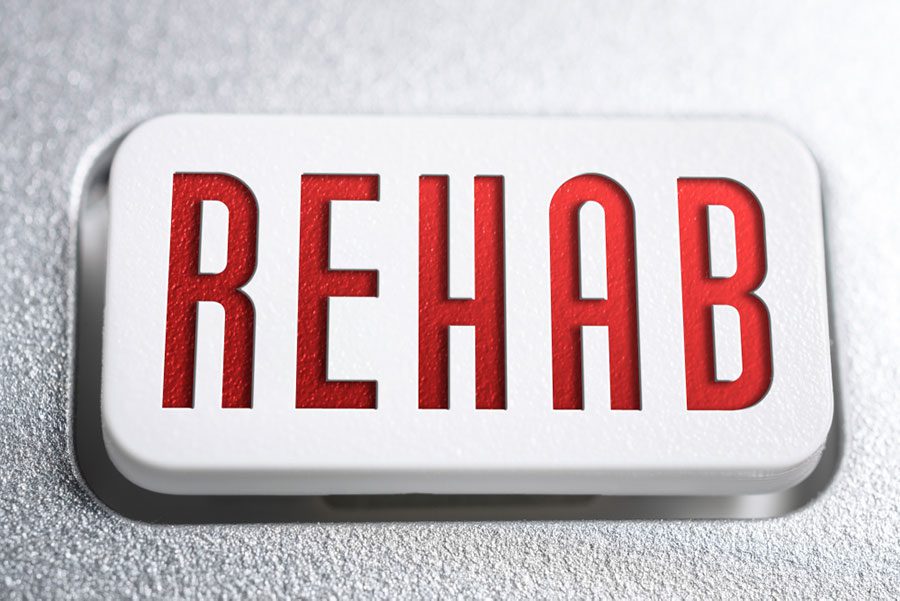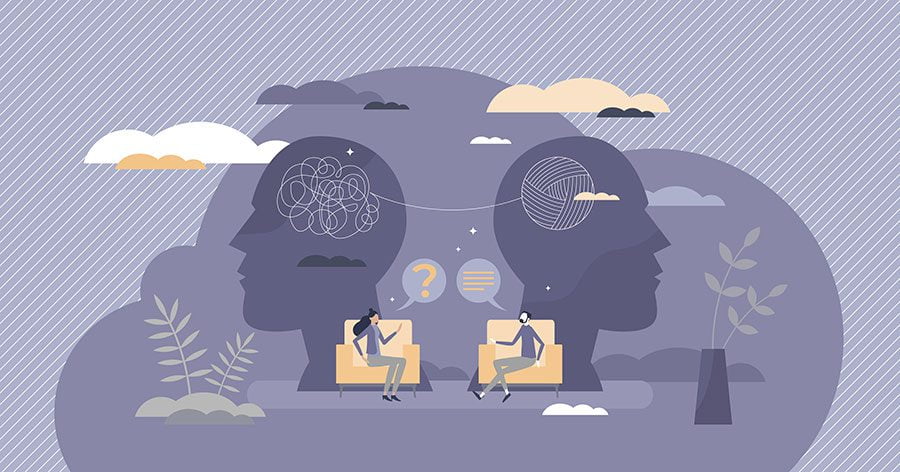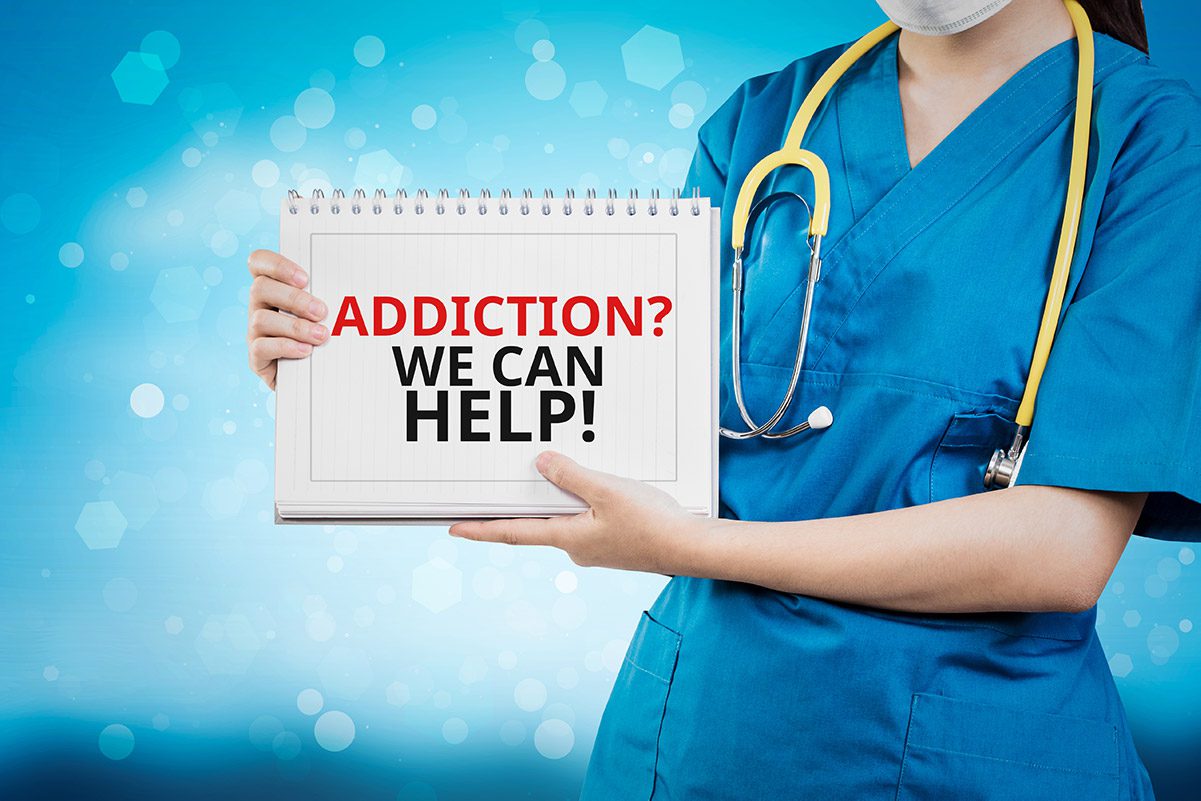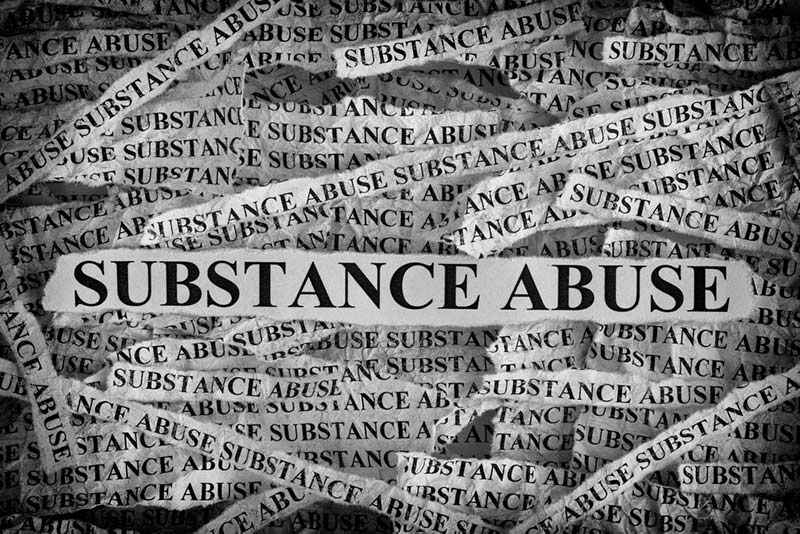Finding A Place To Live After Treatment for Alcohol And Drug Addiction
Early recovery can be difficult to navigate, especially for someone who is newly living independently after inpatient treatment for drug addiction. Thus, entering an outpatient treatment program may be a good option for some people after completing rehab.
Though an outpatient treatment provider will offer fewer services than inpatient treatment providers, it will allow them to continue their intensive treatment services without requiring them to live full time in a treatment facility., which can give a recovering addict more time to find their footing in sobriety before they are fully on their own.
But arranging outpatient services with your treatment provider still leaves unresolved the question of where you should live after exiting housing at residential treatment centers. For people who have supportive family members, returning to their former residences may be a good option.
But others who leave rehab may find that sober living facilities are a good middle ground between the structure and supervision of residential treatment and being fully left to their own devices. The rest of this article will explore why sober homes are such a good option for those in early recovery, allowing you to consider whether or not sober homes are a good option for you or your loved one.
What Is A Sober Living Home?
A sober living home is a type of residence designed to provide recovering addicts with living environments that allow them more freedom then residential treatment facilities but that still works to hold residents accountable for living a sober life by providing them with additional structure.
For instance, residents will be required to follow house rules. Such rules may mandate them attending house meetings, passing urine screens to ensure they have not been engaging in drug abuse or alcohol abuse, and maintaining a sober environment free of psychoactive drugs or alcohol. They also may be tasked with attending support groups regularly, such as twelve step support groups like Alcoholics Anonymous.
Halfway houses have a lot in common with sober houses, but there are some subtle distinctions. Time spent in halfway houses is more likely to be court mandated and time there is more likely to be state sponsored, and there is more likely to be a limit on how long the person can stay in the halfway house.
In sober homes, residents usually pay rent month to month, and a sober living house is typically designed to provide more of a home-like environment than the more dorm-like atmosphere of halfway houses. Many American addiction centers also have a sober living home associated with their substance abuse treatment center, which can provide people who just finished their drug rehab or alcohol rehab program or who are currently undergoing outpatient treatment with a convenient place to continue their recovery process.
Benefits Of A Sober Living House
Sober homes can make maintaining sobriety easier, both by creating accountability and giving residents a built in support group of their peers. The supportive environment of sober living houses creates a perfect place for residents in early recovery to make new friends who will not encourage drinking and who share their lifelong commitment to stay sober from alcohol and drug addiction. These healthy relationships can continue even after residents transition from sober living homes back into a more conventional residence, as can attendance at twelve step support groups.
Following the rules one must to live in a sober house can also help recovering addicts to lay the groundwork for a healthy lifestyle in other ways. For example, some sober living homes require their residents to get a job if they are not in active addiction treatment, since stable employment can facilitate a stable overall lifestyle.
Some sober living homes also have a certified addiction professional on hand who can intervene in the case of a medical emergency or mental health crisis. Many people leaving a rehabilitation program may also struggle with co occurring disorders affecting their mental health, which is one of the many factors that makes sobriety so difficult.
But sober living homes may have a beneficial effect on overall mental health as well as substance abuse per se. Research suggests that residents of sober living homes had better outcomes in terms of employment, arrests, and psychiatric symptoms as well as being more likely to stay sober, suggesting that sober living can help facilitate holistic mental health.
Use The Marchman Act to Help A Family Member With Drug Or Alcohol Addiction
Substance use disorder is a complex condition, and recovery from it is a lifelong process, one that a sober living home may be a part of. However, if someone who is unwilling to consider addiction treatment, you may need to use extraordinary measures to motivate them to begin their sober living journey.
The Marchman Act is a Florida statute that allows for the involuntary commitment of someone who is so entrenched in addiction that they are a serious danger to themselves or others, provided that other criteria are met. If a Marchman Act order is successful, a sober home may be a part of court ordered treatment for your loved one, since treatment centers that only offer outpatient services still fall under the Marchman Act’s purview.
If you are considering using the Marchman Act and would like to know more about how one of our professional intervention counselors can help you through the Marchman Act process, you can call us anytime at 833-995-1007 or contact us online anytime here.
We can also assist you in confronting your loved one about their addiction and attempting a less drastic way to get them to consider committing to addiction treatment, and help you to parse through rehabilitation centers and sober home options that may be right for your loved one. As dark a disease as addiction can be, recovery is always possible, even if it can take a rocky journey to get there.



